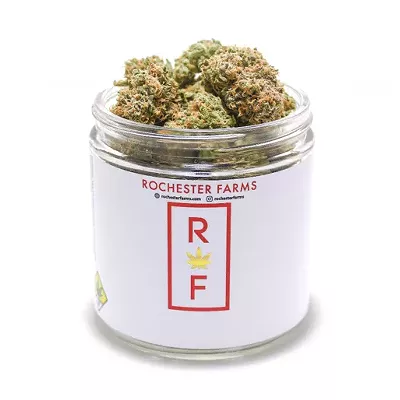
At least two other states, Colorado and Ohio, have banned vitamin E acetate, which can be used to thicken THC products and as an additive to electronic cigarettes. Last week, the U.S. Centers for Disease Control and Prevention found the ingredient in the lungs of 29 patients with the lung illness, though the CDC hasn't been able to determine it as a direct cause of the illness.
Monday's action expands on the last month's controversial emergency ban on flavored vaping products in Washington.
Dr. Bob Lutz, Spokane County Health Officer and a member of the state board of health, says the CDC study on vitamin E acetate may not be the "smoking gun" causing illnesses, but there is evidence to suggest it's strongly associated. Lutz supports the emergency rule.
"If we do not know that something is safe, I'd rather be cautious than have to learn after the fact," Lutz says.
The rule, which will remain in effect for 20 days, is unlikely to have a major impact on state retailers selling cannabis or nicotine vapes, however. Most cases of lung injury across the country have been linked to illegal THC vape products, though some patients have reported using only nicotine products. But a recent sample of legal cannabis vape products in Washington found none of the products contained vitamin E acetate, says Sara Cooley Broschart, public health education liaison for the Liquor and Cannabis Board. And federal regulators say registered nicotine products don't contain the ingredient, says John Wiesman, secretary of the state Department of Health.
More than two-thirds of people with vaping-associated lung injury reported to the CDC are men, and 80 percent are younger than 35. Eighty-six percent reported using THC products, and 11 percent reported only using nicotine products. In Washington, there have been 15 cases of vaping-associated lung injury since April 2019.
Still, owners of vaping shops showed up to the public meeting Monday to speak against the flavored vaping ban. Travis Jent, owner of Vapor Lounge, argues the ban on flavored vapes punishes businesses when the real problem is black market cannabis products. The ban on flavored vapes only makes it more likely that customers will turn to black market products containing ingredients like vitamin E acetate, he says.
"Please stop using a potential solution for one problem to try to fight a different problem," he says.
Brad Bellinger, owner of Lilac City Vapor, asks the board to reconsider the flavor ban because of the jobs that have been lost and for health reasons. He says he sees customers frequently who are turning back to cigarettes because the vape shops don't carry flavors anymore.
Shaun D'Sylva, who owns vape shops across the region, points out that flavored vapes have helped some adults stop smoking. He says he "resents" the insinuation from Gov. Jay Inslee that the vaping industry is trying to addict kids to nicotine. He says he and other industry members say "unequivocally" that the product is not for kids, but for adults who like vaping flavors and want to get away from tobacco. He criticizes the board for tying these vaping-associated lung injuries to flavored vaping products with little evidence, when the link to vitamin E acetate suggests it's in products sold on the black market.
"What we've done is we've taken a problem that was happening in the black market — illegal substances sold illegally — and we now morph that into, 'oh, flavors are hooking kids,'" D'Sylva says.
Wiesman, secretary of health, says he's not comfortable ending the flavor ban because he's not sure vitamin E acetate is the only cause of the vaping-associated lung injuries. He notes there's still a small number of cases linked only to nicotine products with no link to vitamin E acetate.
"Something else must also be going on," Wiesman says.





















